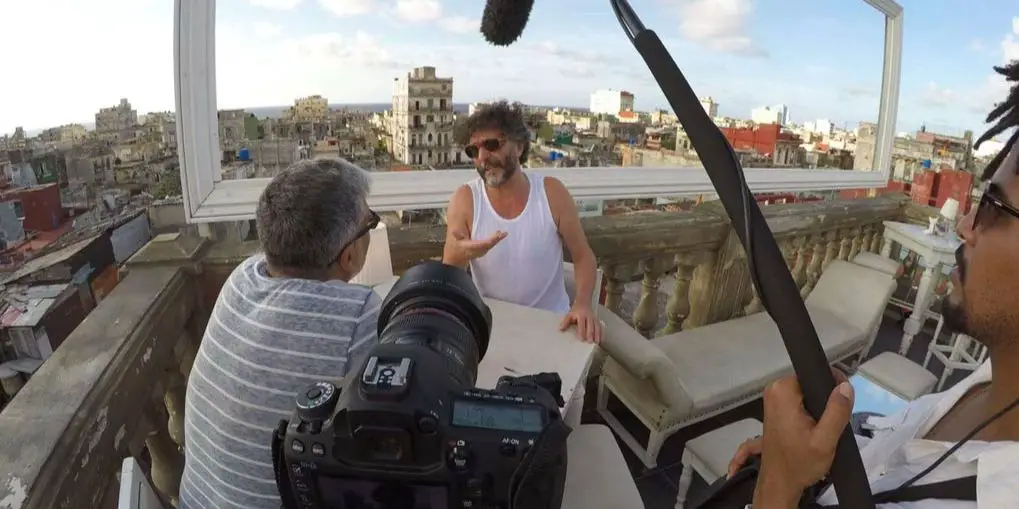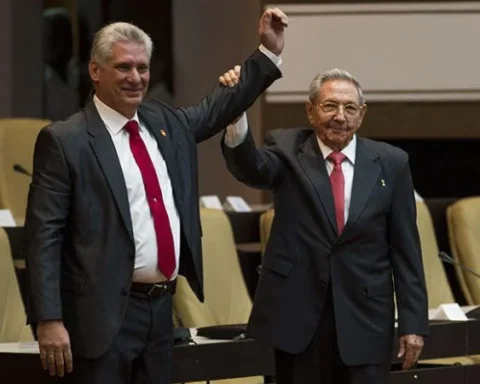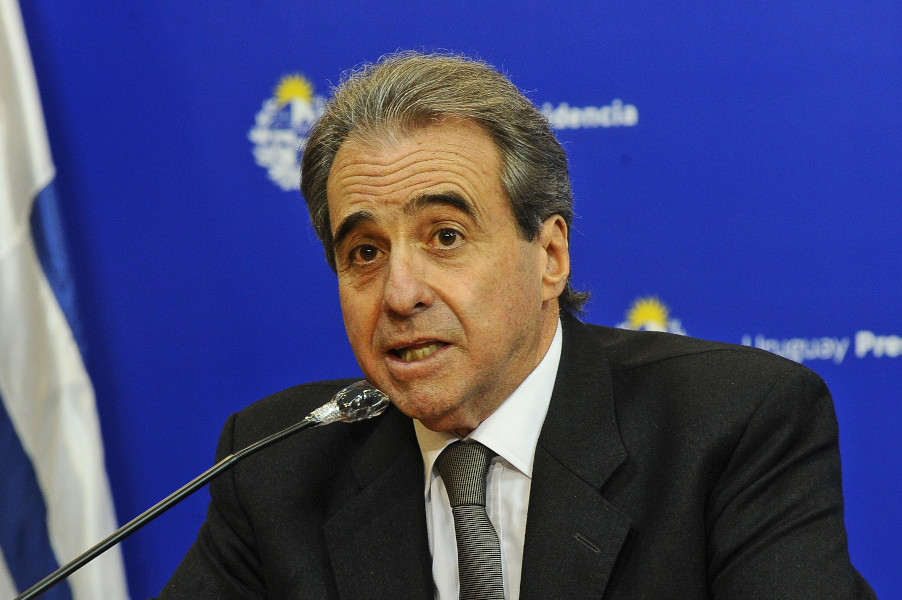Havana Cuba. – After, several weeks ago, the authorities would prevent without giving explanations the premiere in the room El Ciervo Encantado of Fito’s Havanaby director Juan Pin Vilar, on the night of Saturday June 11, in the program Critical Viewer of the Educational Channel, Vilar’s documentary on the relationship with Cuba of the Argentine rocker Fito Páez was shown.
It was not that they wanted to correct the mistake they made by censoring the documentary. Nothing of that. By showing it on TV, in a version that is not final and in a poor quality copyalmost inaudible, prevented him from competing in international festivals.
Fito’s Havana It was exhibited not only without the permission of its director, Juan Pin Vilar, and its producer, Ricardo Figueredo, but also against their will.
It was a dirty and hypocritical move, a low blow, not only to the filmmakers of the documentary, but to the battered independent cinema in general.
To top off the infamy, an unusual panel made up of the journalist from the Granma Pedro de la Hoz, the historian and deputy of the National Assembly Elier Ramírez and a State Security historian were in charge of explaining the documentary, refuting it and guiding how it should be interpreted and what conclusions viewers should reach. As if we were not capable of thinking without their guidance.
The three ideological hit men were in charge of the tagline, like the one they put to newspaper articles that displeased the regime at the time when the free press was dying its death throes or like the dirty prologue they foisted on him in 1968 ―before picking up the books and destroy them The seven against Thebesby Antón Arrufat, and Out of the gameby Heberto Padilla.
I can imagine how Fito Páez will feel if he listens to Pedro de la Hoz extolling him and then assuring that the Argentine singer was carried away by the filmmaker who “put the grill on his sardine”, gave his opinion lightly on issues he was unaware of and “went away with the rag one”.
Elier Ramírez, for his part, strove to show that the disappearance of Camilo Cienfuegos was not a mysterious accident at all, a matter about which Fito Páez expresses his doubts in the documentary.
But the most outrageous thing was when the confident historian justified the execution in April 2003, after a summary trial, of the three men who tried to kidnap and take to Miami the boat that crosses the Havana bay ―executions that were condemned by Fito Páez and that demystified, for the Argentine musician, Fidel Castro and his regime― alleging that it was necessary to give a lesson to stop the hijackings of planes and boats, because otherwise it would end in an intervention US military.
Playing devil’s advocates and putting ourselves in the shoes of the three coletilleros and their bosses, it is easy to understand their annoyance with the documentary, in which Fito Páez, in a frank conversation with Juan Pin, is critical and disappointed with the regime, but not with Cuba, with whom he is still in love (the musician’s first visit to the island dates back to 1987, when he traveled to the largest of the Antilles to participate in the Varadero Festival).
Of that love of Fito Páez for Cuba and Cubans attest in the documentary, among others, the late singer-songwriter Pablo Milanés, the writer Wendy Guerra, the actor Luis Alberto García, the musician Carlos Alfonso and the dissident artist Julio Llópiz Casal, recently exiled in Spain.
And we Cubans have reciprocated our affection for Fito Páez and we are grateful to him for that massive concert in the Plaza de la Revolución in 1993.
At that time, in addition to Fito Páez, Argentine singer-songwriters such as León Gieco and Charlie García were very popular in Cuba. His way of singing and composing influenced both the rockers and the moles of the Novísima Trova. Perhaps it was because his formula for singing in code under a dictatorship seemed infallible. But all of them, to a greater or lesser extent, showed solidarity with the Cuban Revolution, as if they did not notice that, ideological sign aside, it was just another dictatorship.
The disappointment of Fito Páez ―like that of Joan Manuel Serrat, Joaquín Sabina and other artists who in the past were seduced by the Castro revolution― should not surprise the bosses and their minions, because it is not new or secret news. 15 years ago, in 2008, Fito Páez declared that the Cuban Revolution was stagnant, and that 49 years was too long for the same guys to continue clinging to power. I imagine what he will say now that they are going for 64 years!
Fito Páez has not stopped wishing us Cubans good luck and better times. It is his way of making amends for that television announcement he made in the years of the so-called Special Period – that time of hunger, blackouts and friends who left on rafts and often disappeared at sea – where he smiled, raised his thumb and advised us “resist to save the Revolution”.
OPINION ARTICLE
The opinions expressed in this article are the sole responsibility of the person who issues them and do not necessarily represent the opinion of CubaNet.















